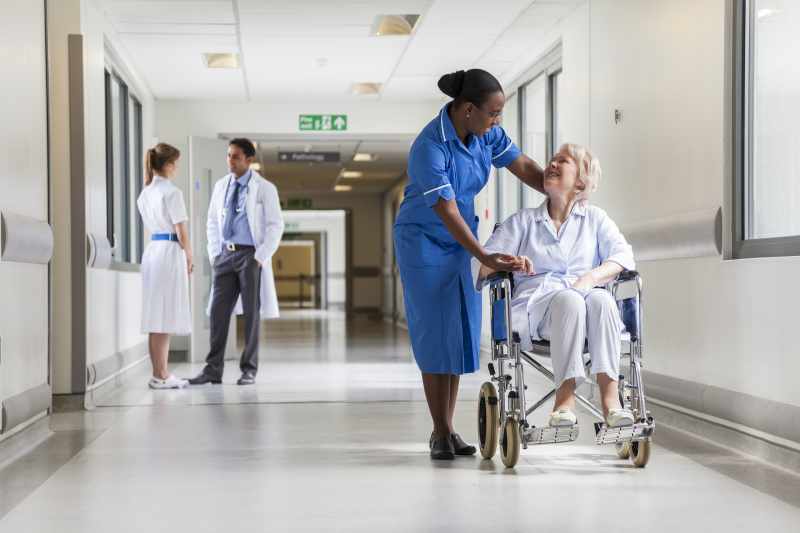British family doctors reject the proposal to charge patients for Surgery visits.
 The issue was debated at the British Medical Association‘s annual GP conference in York, BBC reported.
The issue was debated at the British Medical Association‘s annual GP conference in York, BBC reported.
Delegates voted against the idea, but warned that services were being stretched so much that care was being put at risk.
BMA GP leader Dr Chaand Nagpaul said general practice was becoming “conveyor belt medicine”.
He pointed out that some GPs were having to see up to 60 patients a day.
“Add to this the sheer volume of phone calls, visits, repeat prescriptions, results, reports and hospital correspondence and we have an unmanageable, exhausting and unsustainable workload that puts safety and quality at risk,” he said.
Dr Nagpaul highlighted figures showing that in England the share of the NHS budget given to GPs had been shrinking in recent years and now stood at under 9%, despite GPs dealing with 90% of patient contacts with the NHS.
This has happened during a period when the number of consultations have been rising – by more than 10% over the past five years to 340m last year.
During the debate on charging, which comes after calls in some quarters for charges of between £10 to £25 to see a GP, doctors also expressed concern about rising workloads.
Dr Helena McKeown, a GP from Wiltshire, who spoke in favour of the motion which called for charging to be considered, said it gave her “no pleasure” in proposing it.
“A fixed fee for some services for some patients will emphasise our value.
“Dedicated funding for general practice will assist practices to take on new GPs.”
But other doctors spoke against the proposal. Dr Rob Bailey, from Cambridgeshire, said: “Charging will fundamentally change the unique relationship between GPs and patients.
“Charging will blur the boundaries between the NHS and non-NHS services.”
Dr Laurence Buckman, a GP from London, added the idea was “unethical, dangerous and disingenuous”.
When it was put to the vote it was rejected by delegates.
A Department of Health spokeswoman said: “We recognise the vital job GPs do.”
She said ministers recognised the challenges GPs face, but pointed out that the government was trying to relieve the pressure by reducing bureaucracy and taking on more trainees.